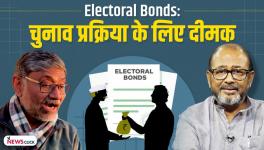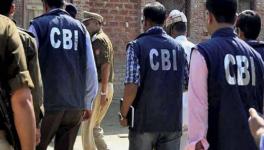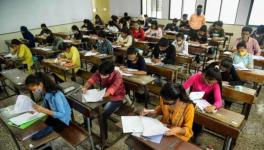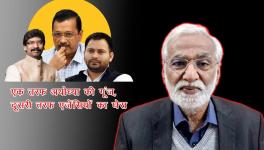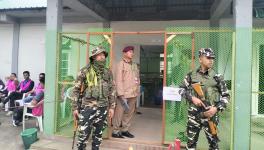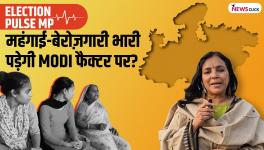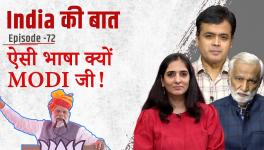Uncertainty Looms Over Peru
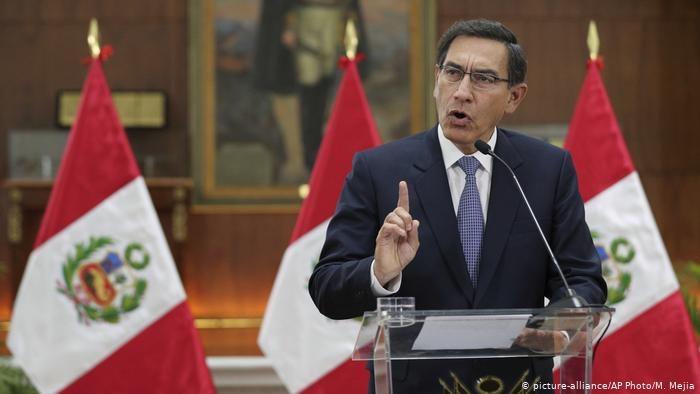
On the afternoon of September 30, Peruvian President Martín Vizcarra exercised his executive powers and dissolved the opposition-controlled National Congress. The decision was announced after the legislators elected a new member of the Constitutional Court (TC), without attending to a constitutional appeal presented by Vizcarra’s administration, with the aim of trying to stop the process.
However, the opposition legislators opposed the presidential order and continued to occupy the Congress for a few hours. Later that evening, the same legislators voted to suspend Vizcarra due to “moral incapacity” and announced that his Vice-President, Mercedes Aráoz Fernández, would serve as the interim president of the country.
The Congress had met on Monday to vote on the election of six of the seven members of the TC. Prime Minister Salvador del Solar presented an urgent “vote of confidence” before the Congress and appealed to halt the election process, proposing modifications which would make it more transparent. But the legislators decided to continue with voting process ignoring the request.
A day before voting, Vizcarra had warned that if the legislators appoint the justices, he would count it as a vote of no-confidence over the matter and would shut down the Congress. After the election of the first member of the constitutional body, Vizcarra met with his legal team to access the closure of the legislative body.
According to the Constitution of Peru, the President of the Republic can dissolve Congress and call for new elections in the country within four months if the assembly delivers two votes of no-confidence in a government. The current Congress had already rejected a confidence vote before this one.
In a broadcast on a national television channel, Vizcarra announced that the opposition’s majority in Congress left him with no choice but to force elections. Vizcarra has been trying to call for an early general elections since July, but the opposition party Popular Force led by Keiko Fujimori, the daughter of former Peruvian dictator Alberto Fujimori, has avoided going to the polls. The Fujimorismo has an absolute majority in the congress because of a system that was constitutionally drafted by Alberto Fujimori during a period marked by corruption, social conservatism, neoliberal economics, human rights violations and prosecution of left-wing leaders. The Popular Force and allies have more than 80 congressmen in a unicameral congress of 130 legislators.
Vizcarra scheduled the next presidential elections in the country for January 26, 2020. However, it is difficult to say what may happen as Monday’s incidents of executive and legislative dispute have plunged the country into a new phase of uncertainty. It is unclear, what actions the president will take to put the dissolution into effect and whether the lawmakers will comply with his order.
The Peruvian armed forces and police reaffirmed their support to Vizcarra and constitutional order in the deepening political crisis.
Martín Vizcarra assumed office as president in March 2018, following the resignation of his predecessor Pedro Pablo Kuczynski, who resigned from his position over allegations of being involved in the infamous corruption scandal of the Brazilian construction giant Odebrecht. Vizcarra cannot run in the upcoming general elections due to constitutional restrictions on consecutive terms.
Peruvians are tired of the prevailing corruption in the country, which involved its three previous presidents. For the last year, trade unions and social movements have been mobilizing against a number of anti-working class and neoliberal policies of the government of Martin Vizcarra. However, they have supported his decision to prepone general elections in the country.
Get the latest reports & analysis with people's perspective on Protests, movements & deep analytical videos, discussions of the current affairs in your Telegram app. Subscribe to NewsClick's Telegram channel & get Real-Time updates on stories, as they get published on our website.










